Russia has said that a diplomatic solution to its escalating standoff with the West over Ukraine is still possible.
Diplomatic efforts are ramping up amid concerns that Russia might invade Ukraine in the coming days, a claim the Kremlin has repeatedly denied.
During a televised meeting on Monday, Russian President Vladimir Putin asked Foreign Minister Sergey Lavrov whether there was a chance to reach an agreement with the West, or whether the diplomacy was "an attempt to drag us into an endless negotiation process", The Associated Press reported.
Lavrov replied that the "possibilities are far from being exhausted. They certainly should not continue indefinitely, but I would suggest continuing and ramping them up".
United Nations Secretary-General Antonio Guterres talked online separately with Lavrov and Ukrainian Foreign Minister Dmytro Kuleba on Monday. He said in a statement that "abandoning diplomacy for confrontation is not a step over a line, it is a dive over a cliff", according to AP.
German Chancellor Olaf Scholz met on Tuesday with Putin in Moscow, a day after sitting down with Ukraine's leader in Kyiv. In his opening remarks in the Kremlin, Scholz addressed Ukraine tensions but also noted Germany's economic ties with Russia, which complicate Western efforts to agree on how to respond to Russia in the event of an invasion, AP reported.
Japanese Prime Minister Fumio Kishida said on Tuesday that he had agreed with Ukrainian President Volodymyr Zelensky to pursue diplomatic efforts to ease tensions over Russia's military buildup near the border with Ukraine, Reuters reported.
Following a phone call with Zelensky, Kishida also said Japan planned to take appropriate steps, including possible sanctions, if Russia invades Ukraine, according to Reuters.
Earlier on Tuesday, Japanese Foreign Minister Yoshimasa Hayashi said at a regular news conference that while Japan is "strongly seeking" a diplomatic resolution, it was prepared to take "appropriate steps, including possible sanctions" in coordination with the G7 and international community, depending on the situation.
More than 30 countries urged their citizens to leave Ukraine, and several Western states were evacuating their diplomats. Moscow followed suit, according to the Russian Foreign Ministry.
Ukrainian Defense Minister Olexiy Reznikov and Belarusian Defense Minister Viktor Khrenin discussed the current state of military cooperation and steps to strengthen confidence and security in the region in a phone conversation on Monday, according to Xinhua News Agency.
A day earlier, Belarusian President Alexander Lukashenko emphasized that no one plans to fight Ukraine, and the West is constantly spreading rumors about Russia allegedly preparing to invade the neighboring country, Xinhua reported.
Vasily Kashin, head of the Center for Comprehensive European and International Studies at the Higher School of Economics, said, "Now the 'Russian threat' is being ramped up by the US."
Chinese Foreign Ministry spokesman Wang Wenbin said on Tuesday, when taking questions about the Ukraine issue at a regular news briefing in Beijing, that it is not responsible to play up war amid the current circumstances.
"To keep exerting pressure with sanctions also does not help to ease the situation. And clamoring for bloc confrontation is a return to the Cold War," Wang said, urging all parties to create conditions for political resolution of the crisis.
The spokesman said China's position on the Ukraine issue is consistent and clear and remains unchanged.
Andrey Kortunov, director-general of the Russian International Affairs Council, said the evacuation of embassies is a sign of a jittery environment, not so much in Kyiv, but in a number of Western capitals.
Amid the general hysteria, there is a risk that Kyiv may take advantage of the situation and set up a military provocation, according to RIAC expert Dmitry Suslov.
"The situation may get out of hand and lead to serious consequences, above all, for Kyiv, since Russia repeatedly stressed that it won't permit a military resolution of the Ukrainian crisis," he said, adding that he considered such a scenario unlikely.
Last week, Ukraine decided to hold unscheduled military drills simultaneously with joint Russian-Belarusian exercises in which, for 10 days, drones and missile systems that the country received from NATO will be tested along the borders with Russia and Belarus.
"The thing about the drills is that the troops are deployed in combat formation," said Russian military expert Yury Knutov. "They can be used both for training and for waging a war. The experience of local conflicts after World War II shows that many of them started under the guise of drills."








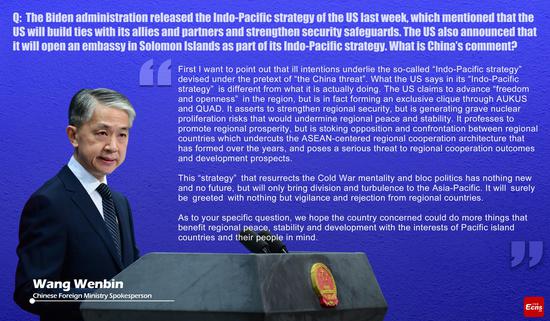
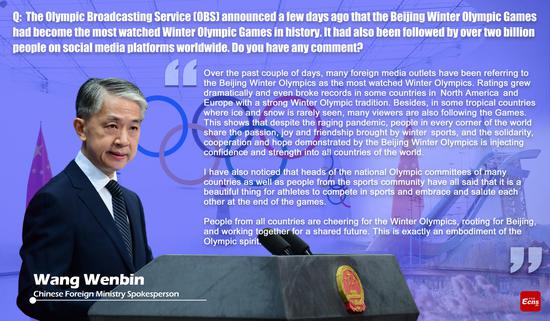


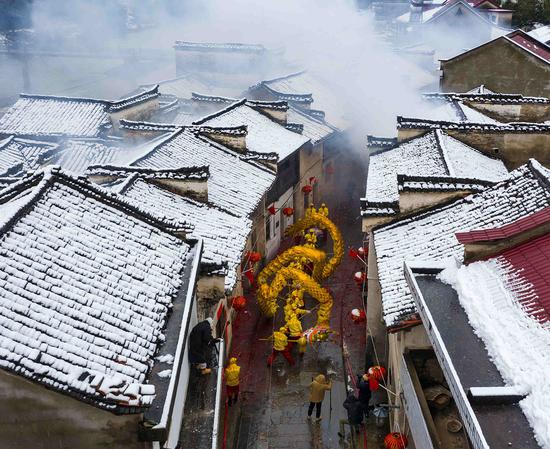
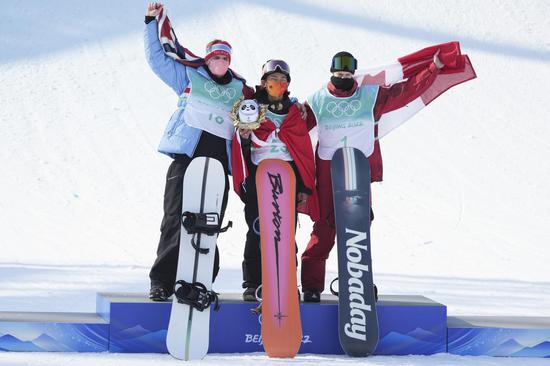
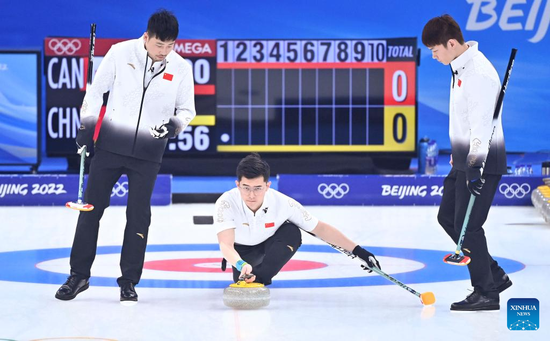

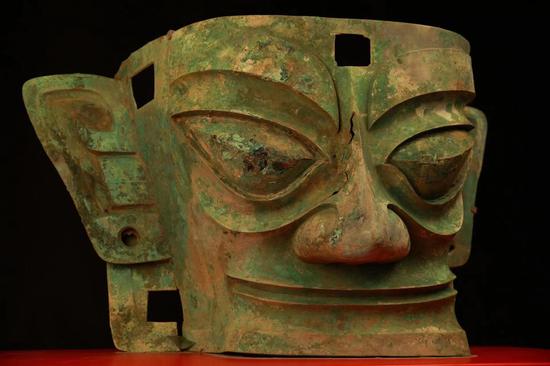
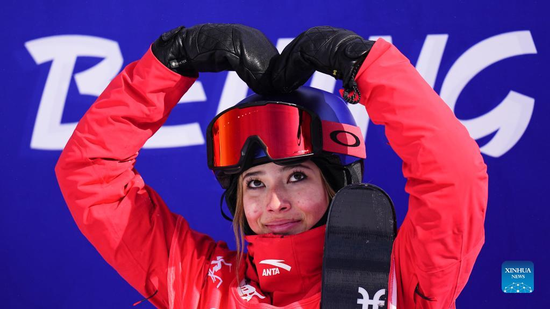








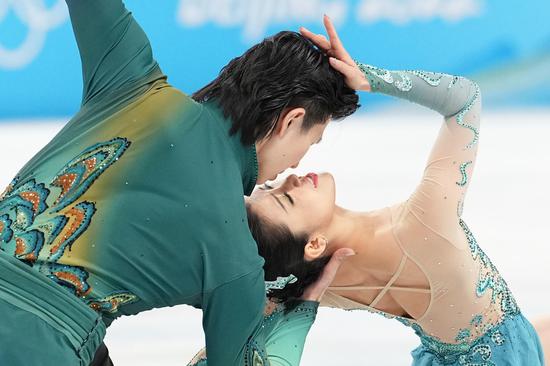


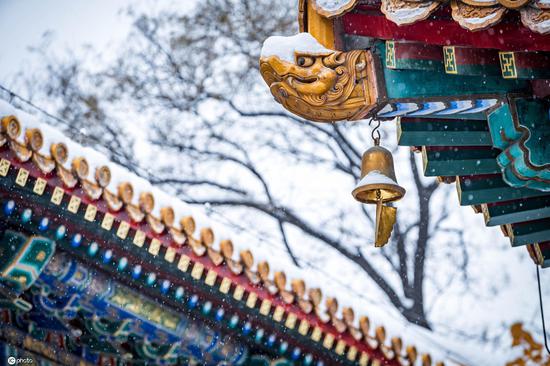




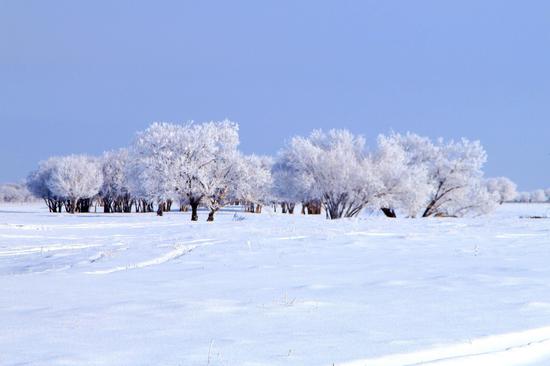

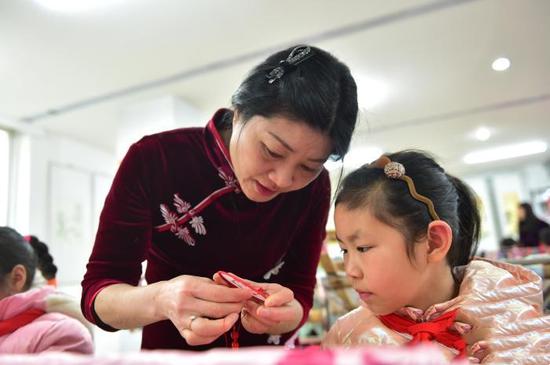


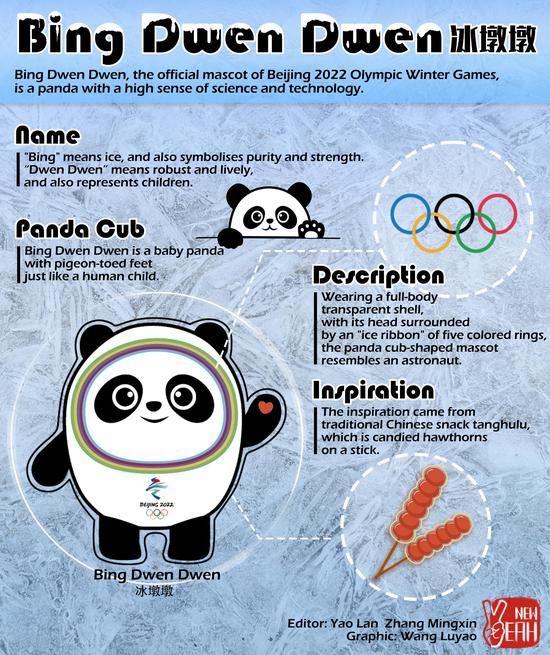










 京公网安备 11010202009201号
京公网安备 11010202009201号